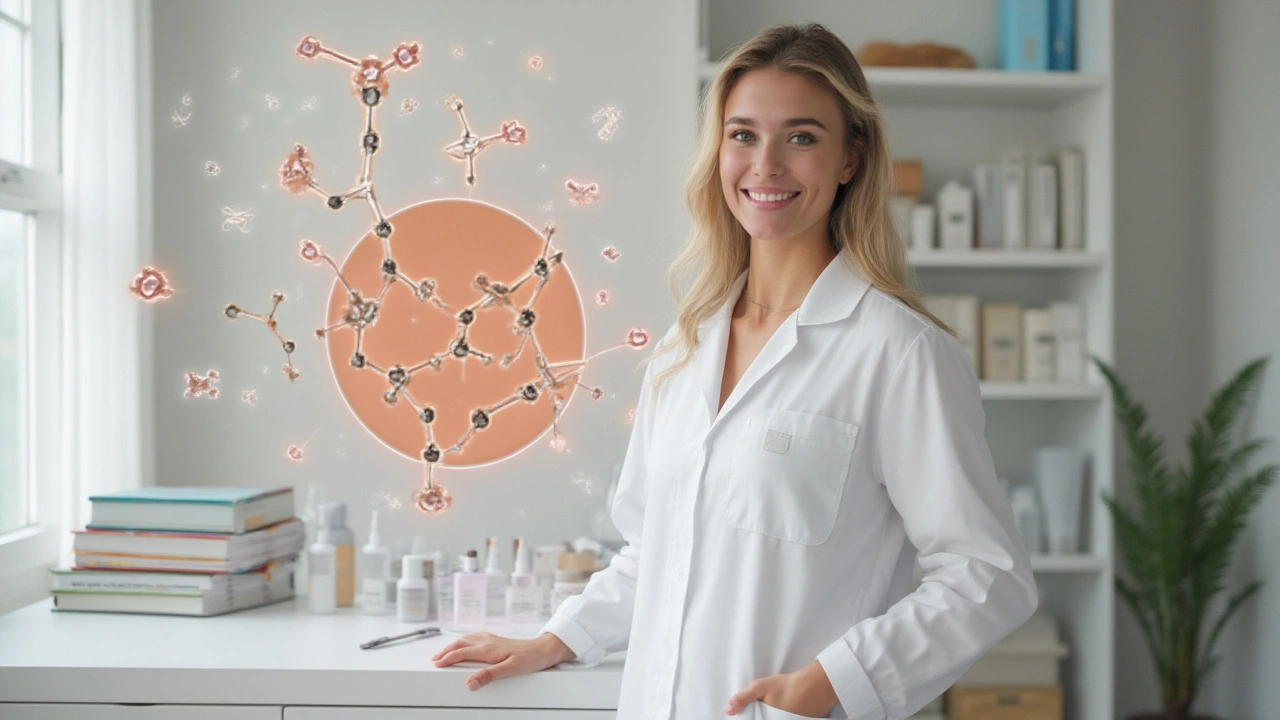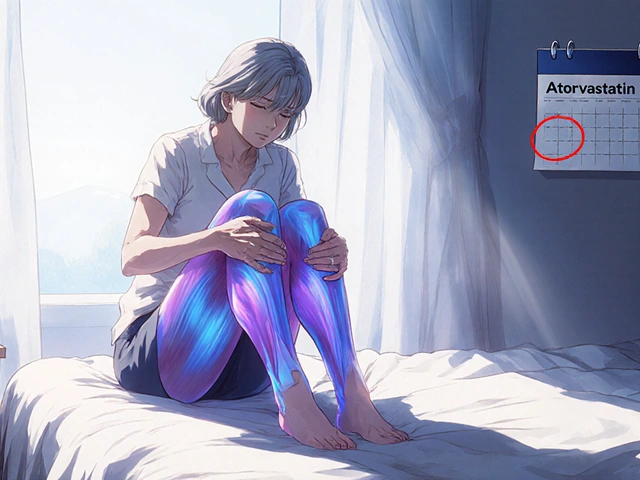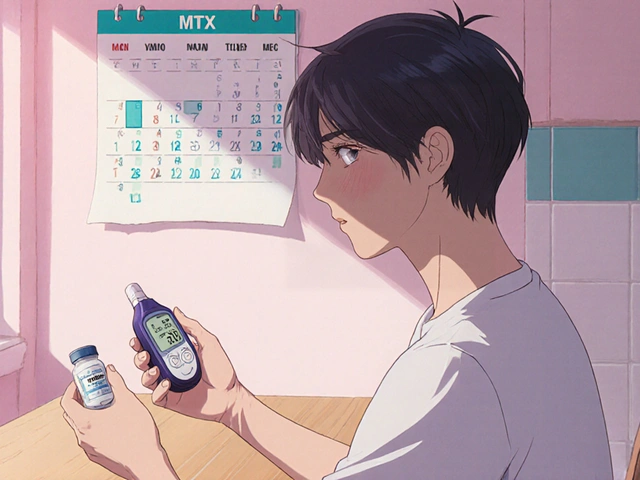Acne Solutions: How to Choose the Right Treatment
If you’re fed up with breakouts, you’re not alone. Acne can feel like a stubborn guest that never leaves. The good news is there are clear steps you can take, whether you need a prescription medication, an over‑the‑counter product, or simple lifestyle tweaks.
Top Prescription Options
When topical creams don’t cut it, doctors often turn to oral meds. Tretiva (isotretinoin) is the heavyweight champion for severe acne. It shrinks oil glands, reduces bacteria, and speeds up skin turnover. The trade‑off is a list of possible side effects – dry skin, lip chapping, and a need for regular blood tests. Follow your doctor’s dosing plan and stay hydrated to keep the dry‑skin side effects manageable.
Another prescription route is antibiotics like azithromycin. They target the bacteria that fuel inflamed pimples. Use them only for short bursts; long‑term use can lead to resistance. Pair antibiotics with a gentle cleanser to reduce the chance of rebound breakouts when you stop the pills.
If hormonal acne is the main culprit, a low‑dose birth control pill or anti‑androgen medication can balance hormone spikes that trigger oil production. Discuss any concerns about side effects with your GP – they’ll help you pick the safest option for your health profile.
Everyday Skin‑Care Tips
Prescription meds work best when you support them with a solid skin‑care routine. Use a mild, non‑comedogenic cleanser twice a day. Avoid scrubbing hard; it can irritate the skin and make pimples worse.
Look for over‑the‑counter ingredients like benzoyl peroxide (helps kill acne bacteria) or salicylic acid (exfoliates inside the pore). Start with a low concentration to see how your skin reacts, then step up if needed.
Moisturizing is a must, even for oily skin. Pick a lightweight, oil‑free moisturizer to keep the skin barrier intact. A broken barrier can lead to more inflammation and redness.
Don’t forget diet and hydration. Drinking enough water keeps skin cells happy, and cutting back on high‑glycemic foods (like sugary drinks) may reduce flare‑ups for some people. Stress management, too – chronic stress can push the body to produce more cortisol, which can increase oil production.
Finally, protect your skin from the sun. Some acne medications make you more sensitive to UV rays. Use a broad‑spectrum SPF 30+ daily, and reapply if you’re outdoors for long periods.
Acne solutions aren’t one‑size‑fits‑all, but combining the right medication with solid daily habits gives you the best chance at clear skin. Talk to a healthcare professional about the options that fit your situation, stick to a gentle routine, and give your skin time to respond. Patience and consistency are the real secret weapons.
Benzoyl Peroxide in Hormonal Acne: Clearer Skin with Science-Backed Results
Discover how benzoyl peroxide targets hormonal acne, backed by science and real-life tips for clearer skin. Get facts, tips, and honest advice from Bristol.






